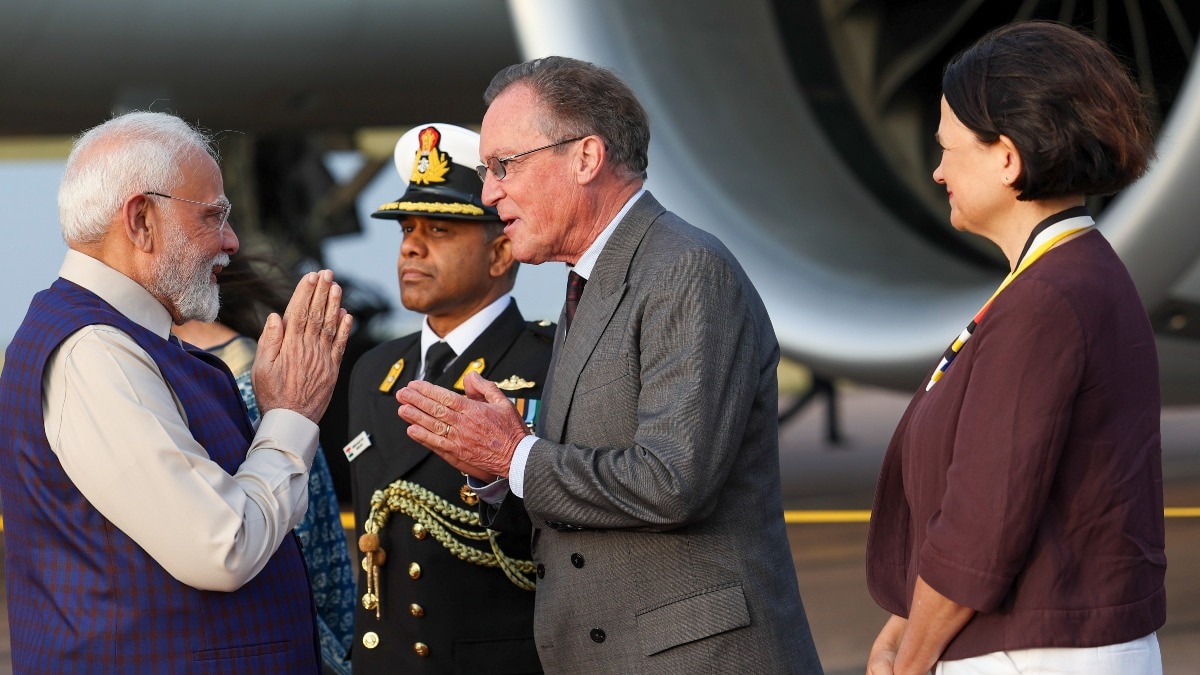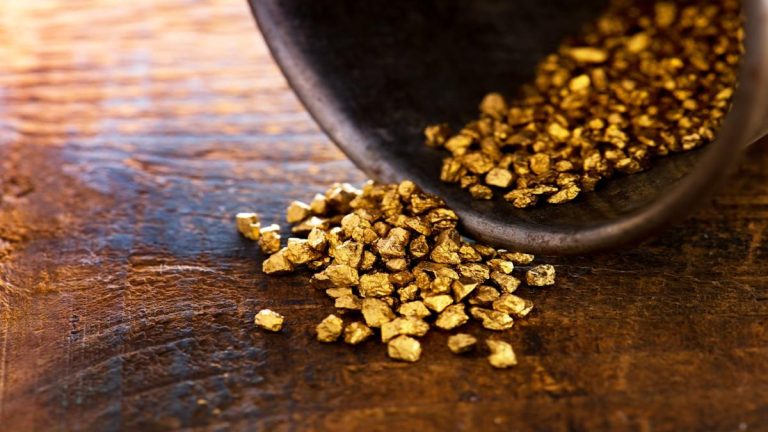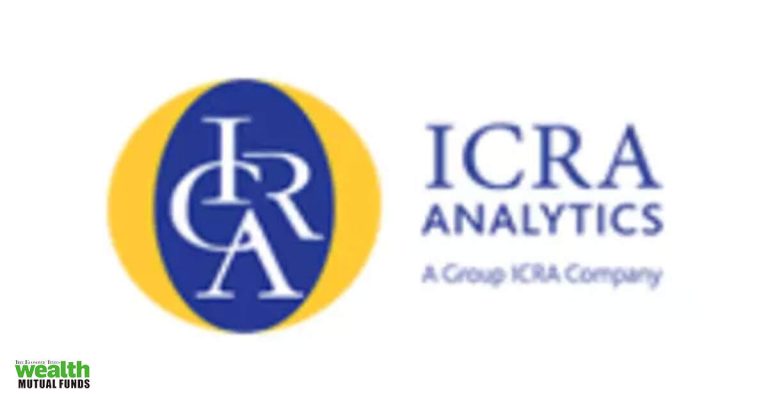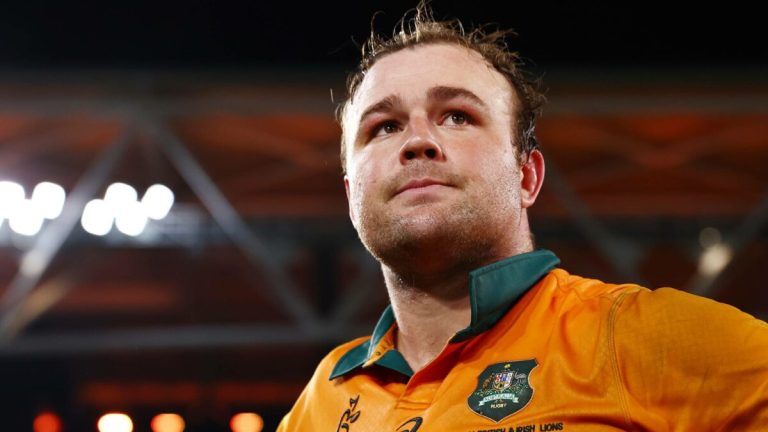British Prime Minister Keir Starmer said that the “landmark” Free Trade Agreement (FTA) that he will sign with India is a “major win” for the UK economy. This comes as Prime Minister Narendra Modi landed in London for a two-day official visit.
The Prime Minister was received at the airport by UK Foreign Office Minister in charge of the Indo-Pacific Catherine West, along with Indian High Commissioner to the UK Vikram Dorsaiswami and British High Commissioner to New Delhi Lindy Cameron.
Upon arrival, PM Modi was welcomed by groups of community leaders, students, and parliamentarians gathered on the outskirts of London.
During his visit, he is scheduled to hold wide-ranging discussions with British Prime Minister Keir Starmer and meet King Charles III. Starmer will host him at Chequers, the British prime minister’s official country residence near London.
INDIA-UK FTA
Starmer said that the agreement would reduce tariffs and bring down prices on goods like clothes and food products. Indian firms would expand their UK operations while British companies would secure new opportunities in India. Airbus and Rolls-Royce will commence delivering aircraft in India, with over half powered by Rolls-Royce engines.
“Our landmark trade deal with India is a major win for Britain. It will create thousands of British jobs across the UK, unlock new opportunities for businesses and drive growth in every corner of the country, delivering on our Plan for Change. We’re putting more money in the pockets of hardworking Brits and helping families with the cost of living, and we’re determined to go further and faster to grow the economy and raise living standards across the UK,” said Starmer.
As per the UK Department for Business and Trade (DBT), the FTA includes a significant reduction in India’s tariffs on UK products, dropping from 15 per cent to 3 per cent, making British goods more competitive in the Indian market. Sectors such as whisky production will see tariffs cut from 150 per cent to 75 per cent, and eventually to 40 per cent, providing a competitive edge over international rivals.
Official statistics indicate that the UK currently imports GBP 11 billion in goods from India. With liberalised tariffs, acquisition costs for businesses in areas such as advanced manufacturing and consumer goods are anticipated to decrease.
The DBT forecasts an increase in UK exports to India by nearly 60 per cent, equivalent to an additional GBP 15.7 billion, enhancing bilateral trade by nearly 39 per cent in the long run.
The clean energy sector stands to gain “brand new, unprecedented access” to India’s procurement market as the country transitions to renewable energy sources. Financial and professional business services will benefit from “locked in access” to India’s market, providing certainty for expansion.
Both the nations have also committed to strengthening cooperation in tackling corruption, serious fraud, organised crime, and irregular migration through enhanced intelligence sharing and operational collaboration.







